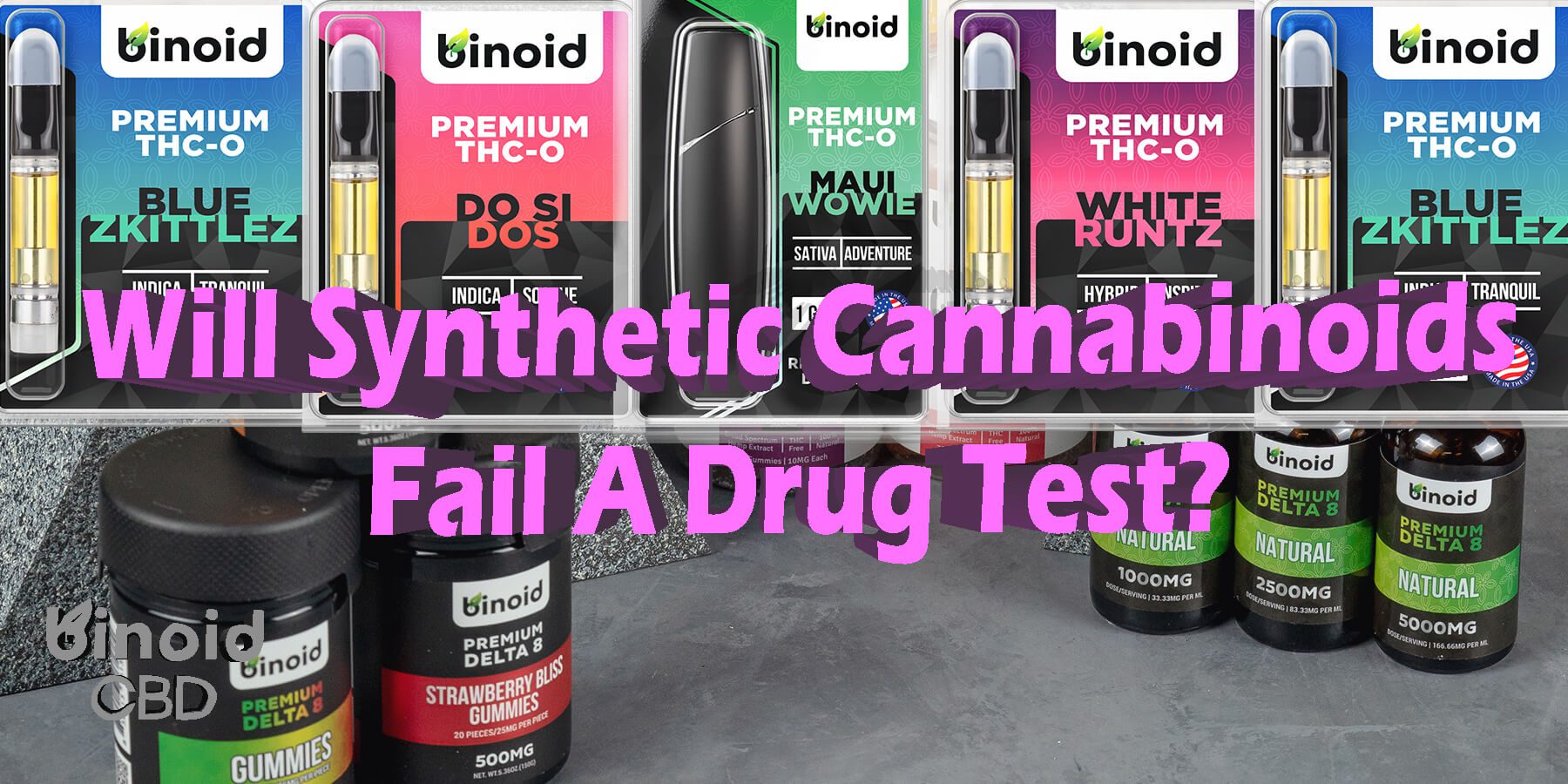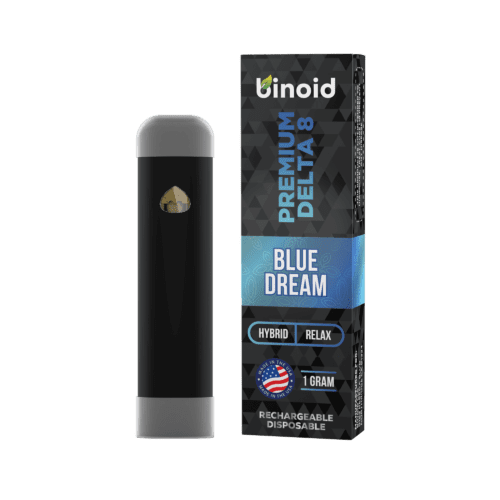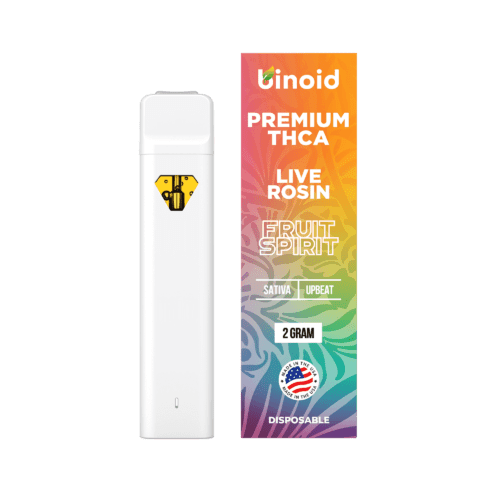Research tells us that the hemp plant is rich in over 100 individual cannabinoids, and there’s been particular emphasis on cannabinoids of a psychoactive nature in the last couple of years. Delta 8, delta 10, THC-O, and many intoxicating hemp derivatives offer uniquely enjoyable experiences while acting as “legal highs” for those of us who live in states that don’t permit marijuana use. But, just because these cannabinoids are federally legal, you still need to be mindful of how they can affect the results of a drug test.
A lot of our customers like to mix and match cannabinoids and cannabinoid products, since the synergistic nature that these compounds share with one another means that different combinations can yield different types of psychoactive experiences. But, the question is, does combining intoxicating cannabinoids have a unique effect on your potential drug test results?
To buy THC Products Click Here
What are the Different Synthetic THC Cannabinoids on Today’s Hemp Market?
Each cannabinoid that belongs to the general “THC” category is unique in terms of how it interacts with the body, and how it compares to delta 9 THC, the cannabinoid that’s illegal, and associated with drug-testing.
- Delta 8 THC: Delta 8 THC is a derivative of delta 9 THC, being delta 9 that has oxidized and converted into delta 8. Delta-8 is about 70% as psychoactive as delta 9, meaning that its effects are generally milder and less disruptive to mental clarity.
- Delta 10 THC: Delta 10 THC is a newer discovery, but we do know that it is found in hemp in extremely trace amounts. While delta 8 is known for being more of a mellowing cannabinoid, many find delta 10 to be uplifting and even stimulating. It’s also likely to be about 70% as psychoactive as delta 9.
- THC-O: THC-O is a synthetic cannabinoid that’s made in a lab, by combining THCA (the naturally occurring precursor to delta 9 THC) and acetic anhydride. THC-O-acetate is about 3x as intoxicating as delta 9, making it highly potent.
- THC-P: THC-P is the newest discovery associated with the hemp plant, having been discovered in 2019. We know that it acts on CB1 receptors responsible for psychoactive effects about 30x as efficiently as delta 9. How potent its intoxicating effects are as a result are still somewhat debated, but overall, tetrahydrocannabiphorol is the most intoxicating THC cannabinoid of all.
- THCV: THCV is a minor cannabinoid found in hemp that’s likely to cause the mildest high. At low doses, tetrahydrocannabivarin actually works as a CB1 antagonist. Meaning, you won’t have a psychoactive response unless you take a particularly high dose of the compound.
- HHC: HHC is a hydrogenated form of delta 9 THC, and many say that when taken, it behaves identically to delta 9. But, technically, HHC is not technically a THC cannabinoid. As a hydrogenated analog, it ultimately gets used and processed by the body differently from the cannabinoids above, thus bypassing the mechanisms involved in metabolizing THC.
How THC Drug Tests Work
Both employers and probation officers administer the same type of standard urine test to detect use of THC. But, these tests are not looking for THC specifically. They are in fact looking for THC-COOH, an enzyme that is released when THC is consumed. This enzyme breaks down THC compounds and deposits in the urine.
Therefore, it doesn’t matter whether you’re using delta 9 or any other type of THC cannabinoid. Any THC cannabinoid requires THC-COOH to metabolize and will therefore likely show up in a sample of your urine and fail a drug test. The one exception is HHC, which does not seem to be broken down by THC-COOH as it’s a structurally different cannabinoid from the others.
Will Combining Synthetic THC Cannabinoids Cause a Higher Risk of Failing a Drug Test?
Whether or not combining cannabinoids will increase the likelihood of a failed drug test depends on a few factors, but the primary factor is which cannabinoids you’re consuming together. There’s reason to believe that cannabinoids that are more potent are more likely to lead to a failed drug test, as they would require more THC-COOH to break down. Basically, this means that THC-O and THC-P, for instance, would be a more positive-triggering combo than, say, delta 8 and delta 10.
Still, the bottom line is that consumption of any THC cannabinoid will likely yield a positive drug test result. While certain combinations can increase that risk, if you’re trying to strictly avoid failing a drug test, you should abstain from all THC cannabinoids until the test is over.
In terms of which cannabinoids are more likely to yield higher levels of THC-COOH than others, here is the list of the most intoxicating to the least intoxicating cannabinoids in hemp. Consider this when combining cannabinoids to determine which combinations will be more psychoactive than others:
What Should You Know About Synthetic THC Cannabinoids Before Getting Tested?
Like we mentioned, it is best to strictly avoid regular and synthetic THC cannabinoids if you know that you are going to be tested in the near future. The risk of failing is simply too high, regardless of which cannabinoids you’re taking in combination with one another. And, we all know that failing a drug test can have a major impact on your life.
But, there are a few key factors that are worth considering.
- It can take up to 6 weeks after the most recent administration for THC-COOH to fully leave the body – and slightly longer in rare cases. This means that if it’s been a full 6 weeks since you’ve last taken a THC cannabinoid, you may be far more likely to pass.
- Also, if you’ve only consumed a very small dosage amount of a THC cannabinoid and 5 days have passed since, you may be okay.
- Meanwhile, if you have been a daily user of a THC cannabinoid for 2 weeks or longer, it can take a full month of abstinence, or, in some cases longer, before you’re in the clear.
What Can Affect the Likelihood of a Positive Result?
How likely you are to fail a drug test actually has to do with a number of factors that all have an important role in the outcome.
Factor #1: THC Dosage and Strength
THC cannabinoids can be taken in different dosage amounts, and products come in different milligram strengths. Both of these things determine how likely you are to fail, as higher concentrations of THC in the body require more THC-COOH to metabolize.
Factor #2: Frequency of Use
How often you use THC combinations also makes a difference. Consuming it daily means that the body will have a lot more THC-COOH in the urine than consuming a small amount of, say Delta 8 and THCV once a week.
-
Product on sale
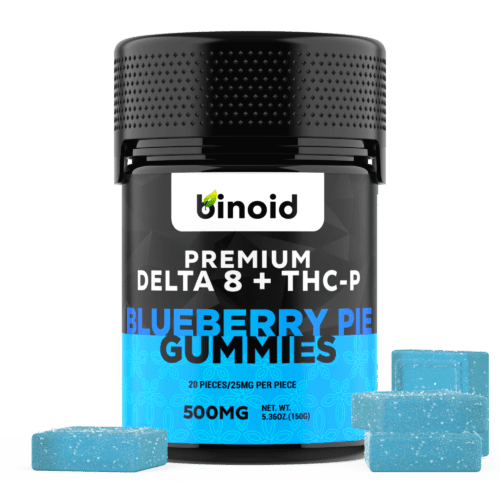 THC-P Gummies – Blueberry Pie$28.99
THC-P Gummies – Blueberry Pie$28.99$59.99
Factor #3: THC Delivery Method
Delivery method also has a surprising impact. Delivery methods with relatively short-lived effects, like inhalation methods, clear the body more quickly than, say, edibles, which take a lot more time to break down, thus maintaining higher levels of THC-COOH in the body.
Factor #4: Physiological Factors
The reason why we can’t offer more clear guidance on how much of a THC cannabinoid combination to take, and how often to take it, is because ultimately, it depends on physiological factors. Two people can take the same amount of a cannabinoid and metabolize it at a totally different rate, in a way that affects whether or not they pass a test.
Can I Flush THC Cannabinoids Out of My System Before a Drug Test?
You may hope that there is a way to flush certain combinations of THC compounds out of your body in preparation for an upcoming test. So, here are the most common types of methods that people use. Keep in mind though that not a single one of these methods has ever shown major promising results.
- “Weed Detox” Products: Weed detox beverages are high in minerals and vitamins that promise to speed up the process of metabolization.
- Cranberry Juice: Cranberry juice works with the bladder as a diuretic, so many hope that drinking a lot of it will cause the body to urinate more, thus urinating out THC-COOH in a timely manner.
- Zinc: Some people claim that the mineral zinc is capable of yielding a false negative result, although this has not been proven.
- Water: Some people try to dilute THC-COOH in their urine by simply drinking an excessive amount of water, hoping the metabolite will fall to undetectable concentrations.
The Final Verdict
It is very likely that synthetic cannabinoids will fail a drug test, which is why we strongly urge you to avoid taking it until after you’ve been drug-tested. Even though they may be legal cannabinoids, a drug test will not be able to tell the difference between synthetic cannabinoids and marijuana Delta 9. Because there is no proven way to flush combinations of THC cannabinoids out of your body, it’s best to simply avoid these types of hemp compounds completely if you are drug tested, as failing a drug test could cause you to lose your job or face some other harsh consequence.
But, if you’re someone who combines cannabinoids, combining two that are less psychoactive will probably put you in better shape than combining two very potent cannabinoids, in terms of the outcome of a drug test result. Or, if you do not have to worry about drug tests, you can buy the best THC compounds at trusted websites such as Binoid.
Bottom Line: Residual compounds in the formula can fail drug tests. Therefore, it is best to buy products from Binoid instead of untrusted brands!
To buy THC Products Click Here
-
Product on sale
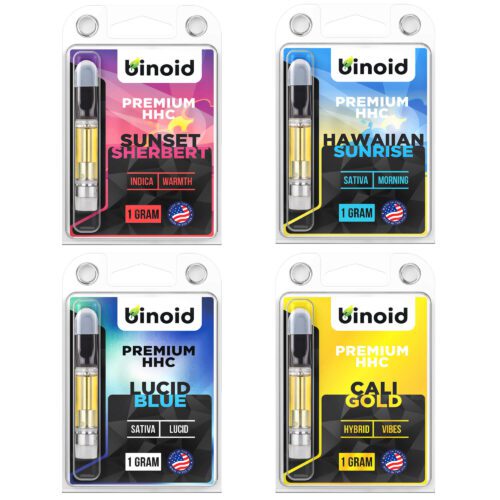 HHC Vape Cartridges – Bundle$95.99
HHC Vape Cartridges – Bundle$95.99$224.99

